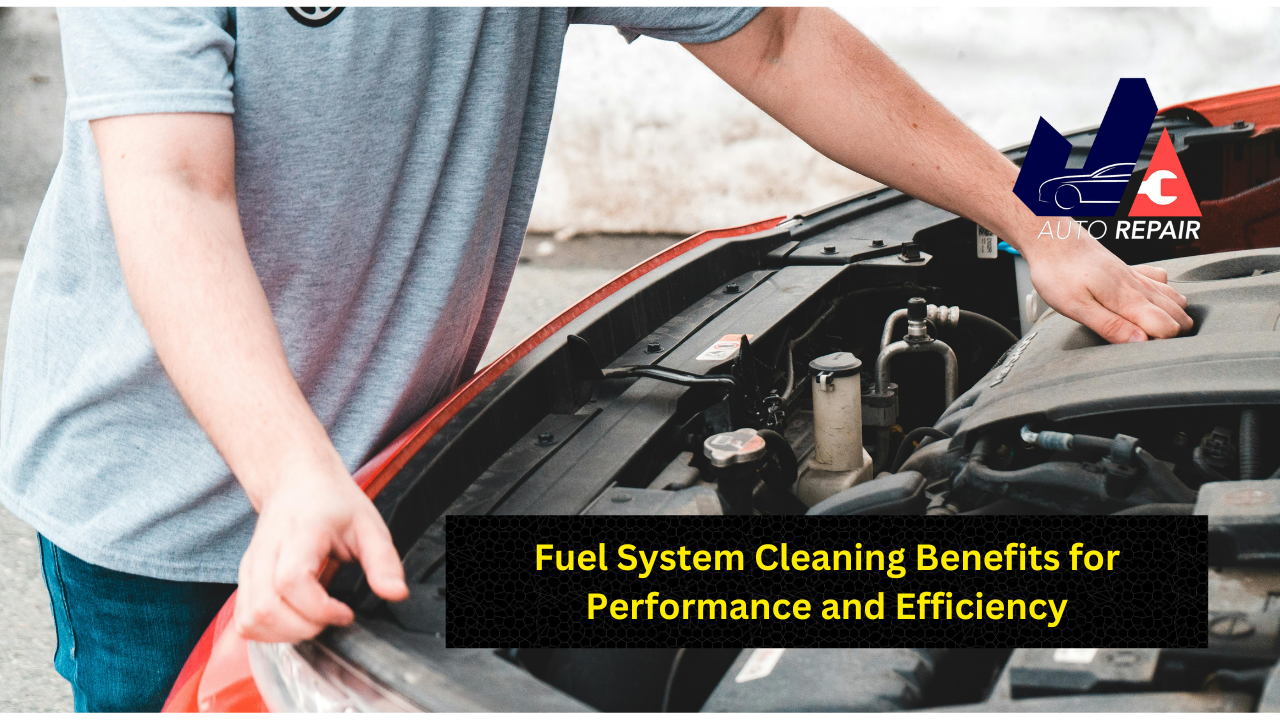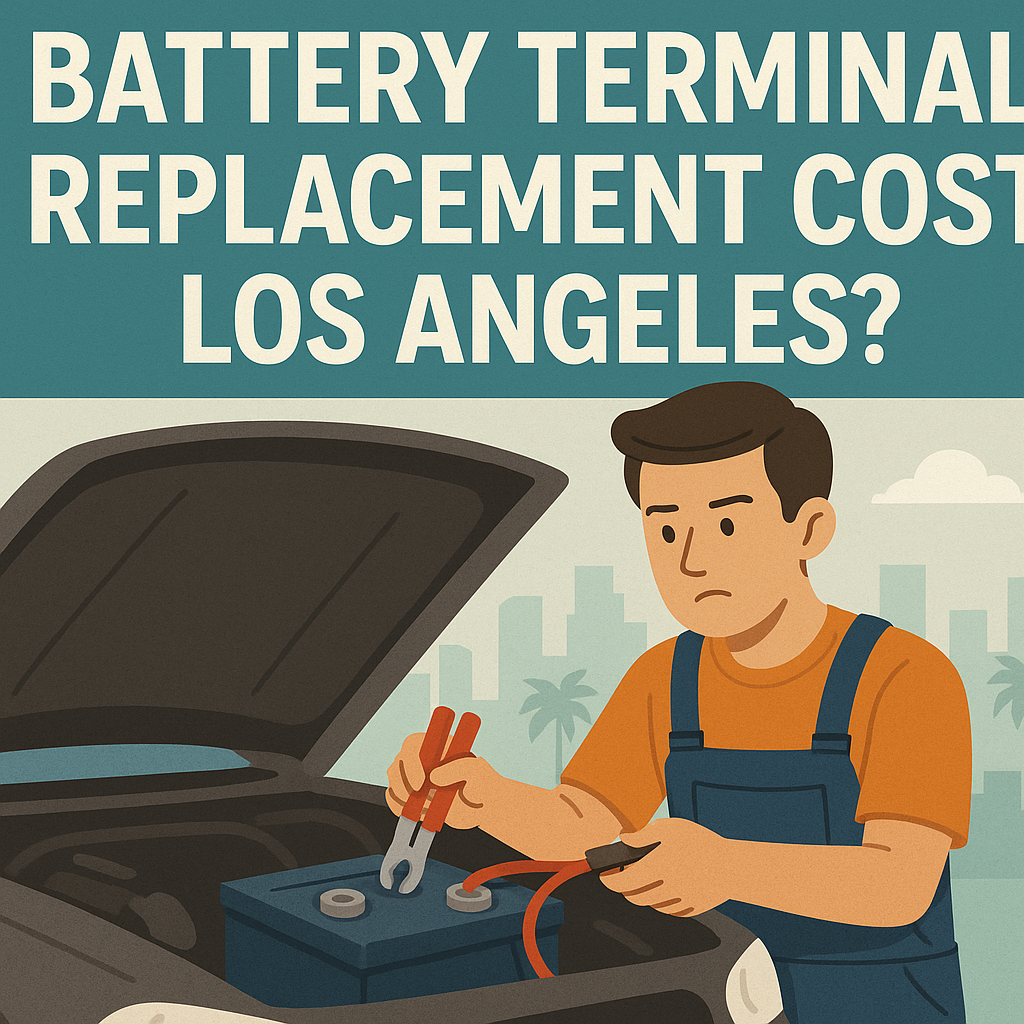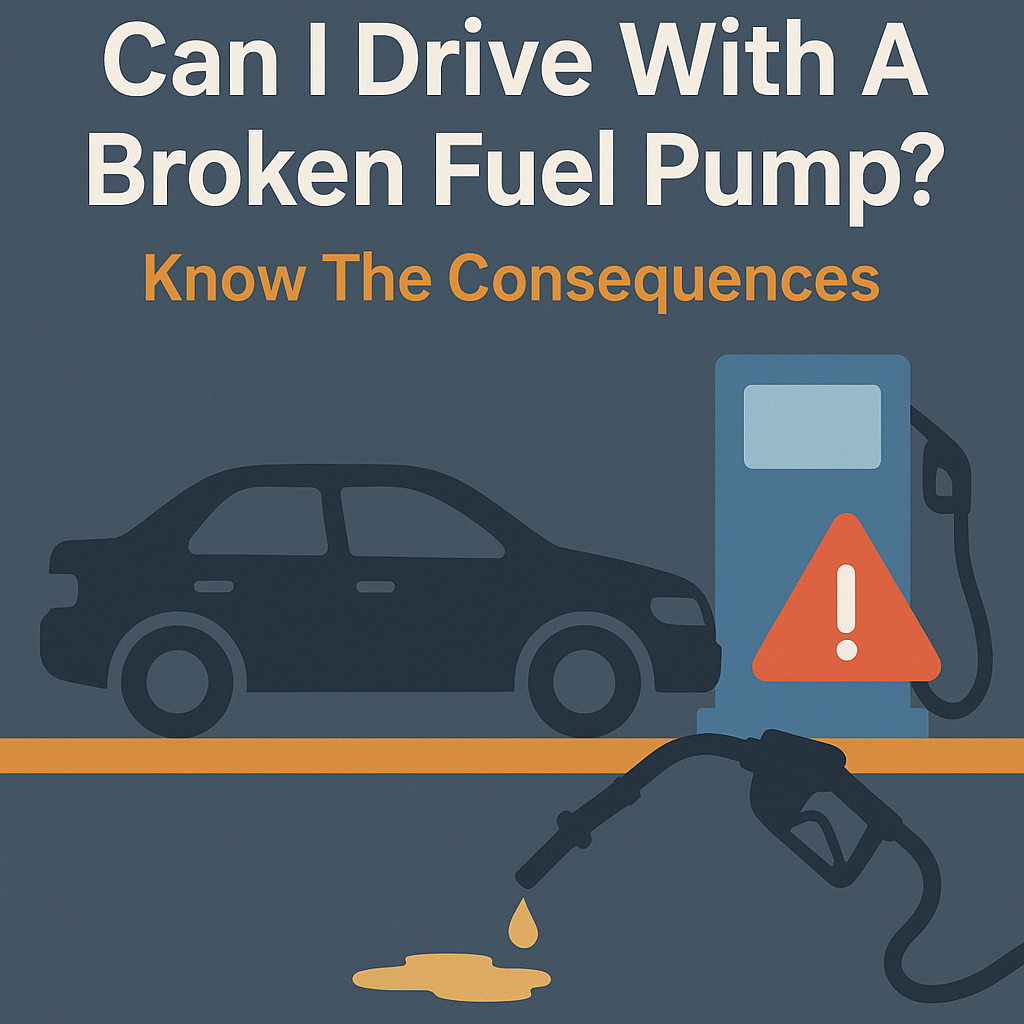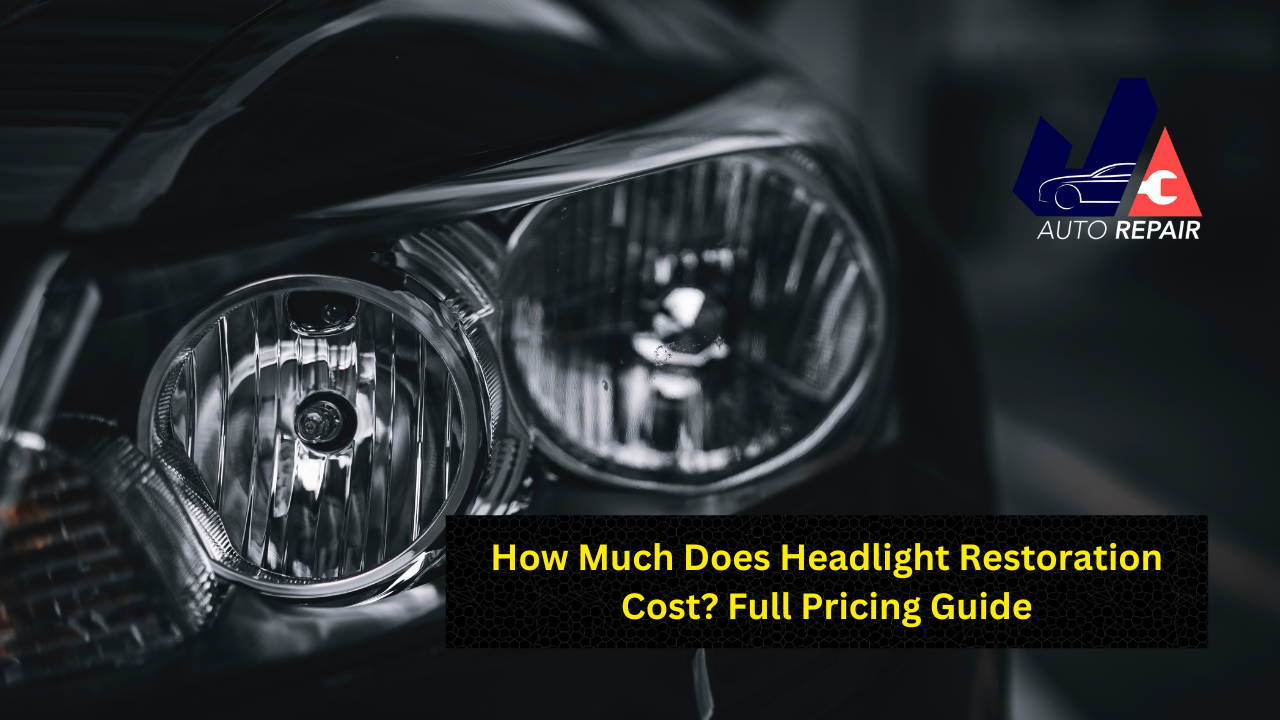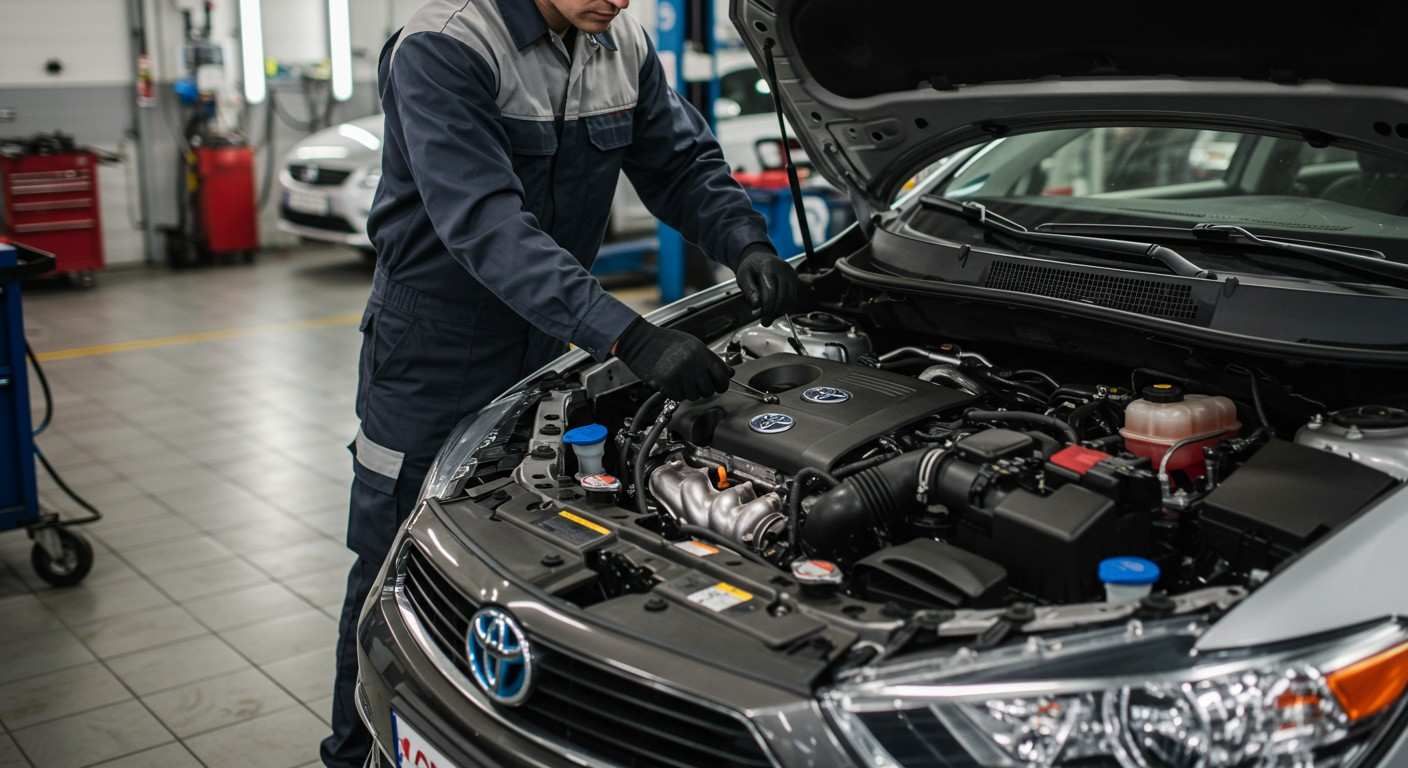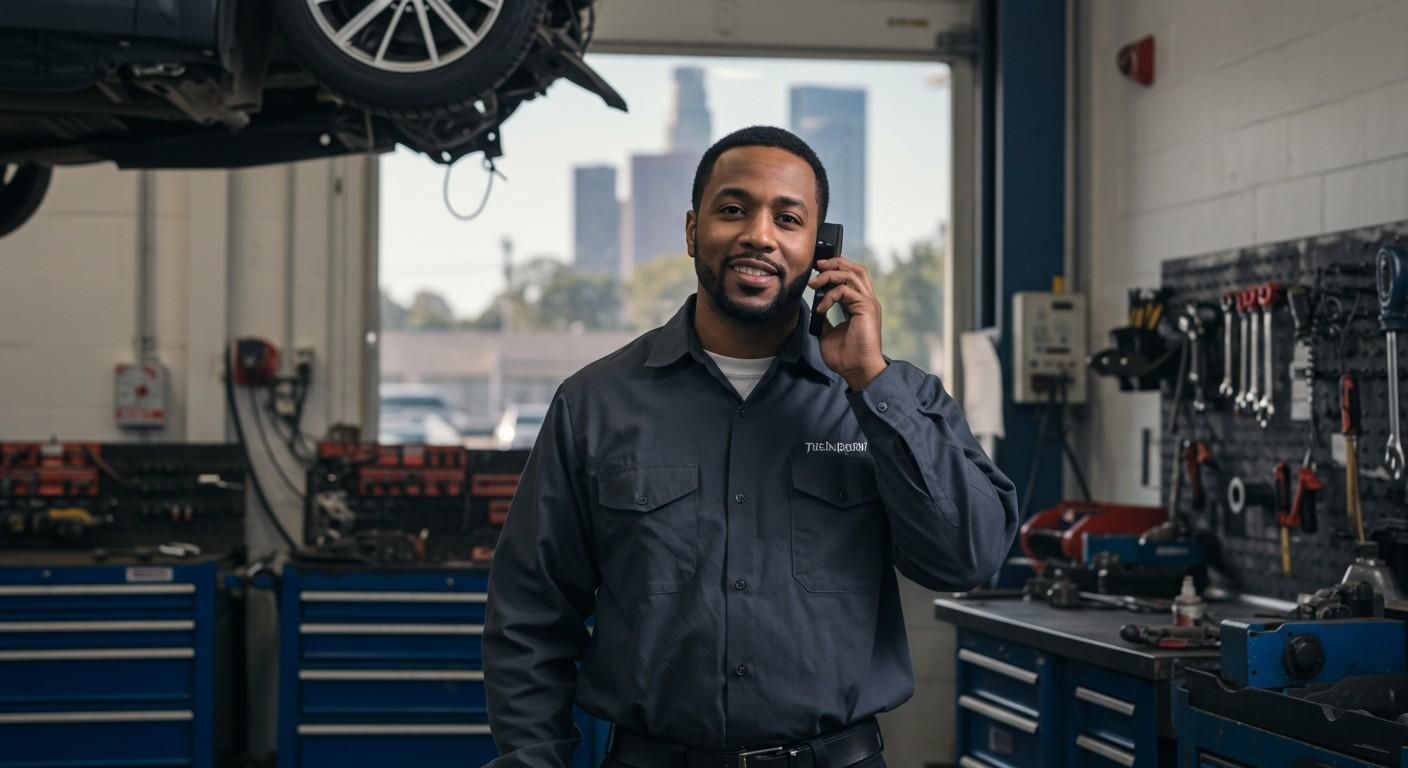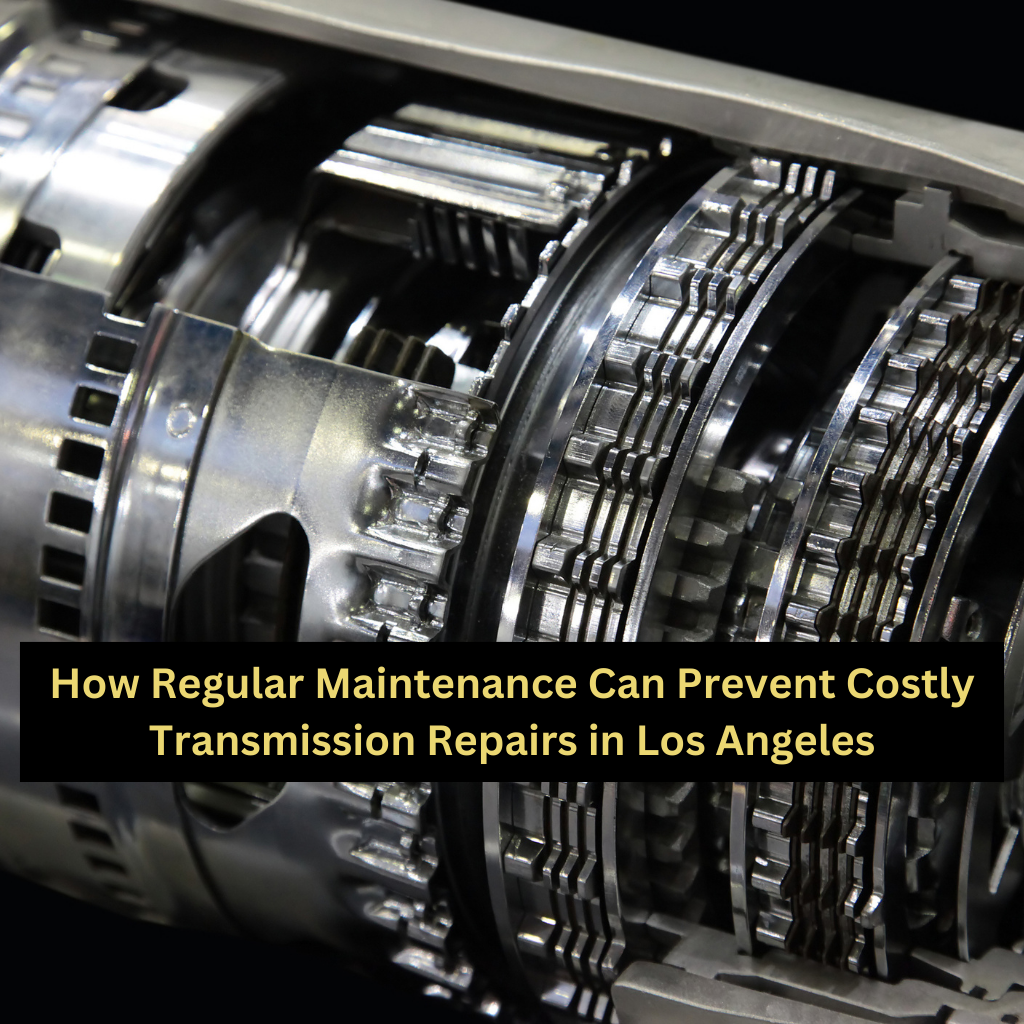5 Reasons Why Can A Mechanic Keep Your Car?
For many car owners, navigating the complexity of automotive repairs can lead to a critical question: can a mechanic keep your car?
This question taps into the fear and frustration of potentially losing access to one of your most essential assets due to disputes or misunderstandings.
Whether it's a disagreement over the quality of repairs, payment issues, or contractual nuances, understanding your rights and the mechanic's legal standing is paramount.
This article delves into the various scenarios where a mechanic might retain possession of your vehicle and how you can effectively navigate these situations to safeguard your interests.
Yes, mechanics can legally retain your car under certain conditions, such as non-payment for services rendered, based on a mechanic's lien. However, this right depends on a signed agreement for the work performed. Without such an agreement, you maintain the right to take your vehicle.
JC's auto repair shop in Los Angeles understands the importance of the car in your day-to-day life and therefore offers quick repair and maintenance work on cars. We offer quality services in all types of auto repair services including but not limited to car AC repair, brake repair, and transmission repair services.
Can a Mechanic Keep Your Car?
When the unexpected happens, and your car ends up spending more time in the shop than anticipated, it's natural to wonder, "Can a mechanic keep your car?" The answer isn't straightforward and hinges on various factors like non-payment for services, quality disputes, or even legal holds. Essentially, if you've agreed to the work and then refuse to pay, the mechanic has the right to use a mechanic's lien to keep your vehicle as collateral until the dispute is resolved. This situation underscores the importance of clear communication and agreements between car owners and mechanics. Understanding the terms of service, ensuring proper documentation, and being proactive in resolving any disputes can significantly reduce the risk of your car being held longer than necessary. Remember, knowledge is power, especially when it comes to navigating the intricacies of automotive repairs and your rights as a vehicle owner.
What Gives a Mechanic the Right to Keep Your Car?
In the intricate world of automotive repairs, certain circumstances grant a mechanic the legal right to retain possession of your car.
At the heart of this matter are lien laws, which serve as a protective mechanism for mechanics and repair shops, ensuring they are compensated for their labor and the parts supplied.
These laws vary by jurisdiction but generally allow a mechanic to hold a vehicle as collateral until the payment for repairs is settled. This legal grounding is essential for both service providers and car owners to understand, as it frames the boundary within which all repair work and financial transactions occur.
The application of lien laws is not arbitrary and requires specific conditions to be met before a mechanic can exercise this right.
It's a system built on fairness and the principle that services rendered deserve payment. This legal foundation underscores the importance of clear agreements and understanding between car owners and service providers, setting the stage for a trust-based relationship that benefits both parties.
5 Cases When a Mechanic Can Keep Your Car
In the complex world of automotive repairs, there are specific scenarios where a mechanic might legally hold onto your vehicle. These situations range from disputes over payment to legal holds, each requiring a nuanced understanding of your rights and obligations. Here’s a closer look at these cases:
Non-payment for Services Rendered
One of the most straightforward scenarios where a mechanic may legally retain your car is non-payment for services rendered. When an invoice remains unpaid, the mechanic has the right, under lien laws, to keep the vehicle as security until the debt is cleared. This situation underscores the critical importance of ensuring that payment obligations are met on time to avoid any inconvenience or legal complications.
Disputes Over Service Quality
Disputes over service quality can also lead to situations where a mechanic keeps a car longer than anticipated. If there's a disagreement about the standard of the work performed, the mechanic might hold the vehicle until the issue is resolved. This scenario highlights the need for clear communication and the establishment of trust between the vehicle owner and the service provider. It's a delicate balance, where the aim is to reach a mutually satisfactory resolution.
Abandoned Vehicles
An interesting aspect of automotive law is the handling of abandoned vehicles. If a car is left at a repair shop without communication or collection from the owner for a specified period, the mechanic may claim the vehicle as abandoned. Laws detailing the timeframe and process for declaring a vehicle abandoned vary, but this provision helps mechanics manage unclaimed vehicles.
Legal or Police Holds
Occasionally, a vehicle may be subject to legal or police holds, necessitating its retention at a repair facility. Such cases could involve ongoing investigations where the vehicle is part of the evidence. In these instances, the mechanic's hands are tied, and the vehicle must remain on the premises until the relevant authorities lift the hold.
Contractual Agreements
Lastly, specific contractual agreements made between the vehicle owner and the repair shop can stipulate conditions under which the mechanic can retain the car. These agreements must be clear, fair, and legally binding, ensuring that both parties are aware of their rights and obligations.
How to Get Your Car Back from Mechanics?
Navigating the process of retrieving your vehicle from a mechanic requires understanding your situation and knowing the best approach to take. Here’s what you can do:
Understanding Your Invoice
To avoid misunderstandings and disputes, it's crucial to understand your invoice thoroughly. An itemized bill detailing labor, parts, and any other charges should be reviewed carefully. This understanding forms the basis for any discussions or negotiations regarding the service received.
Negotiating Payment Terms
If financial constraints pose a challenge, negotiating payment terms may be a viable solution. Open dialogue about possible payment plans or disputing unjust charges can lead to an amicable agreement, ensuring the mechanic is compensated while also respecting the customer's financial situation.
Legal Recourse
In situations where an agreement cannot be reached, legal recourse may be necessary. Small claims court offers a pathway for resolving disputes over service or payment, providing a structured environment for both parties to present their case.
Reporting and Seeking Help
When faced with unresolved issues, reporting and seeking help from consumer protection agencies can offer guidance and support. These organizations can provide advice on the next steps and, in some cases, intervene on behalf of the consumer.
Preventative Measures
Ensuring a smooth automotive repair experience often comes down to the proactive steps you take before and during the repair process. Here’s how:
Clear Communication and Documentation
The cornerstone of any successful transaction, especially in automotive repairs, is clear communication and documentation. Keeping detailed records and ensuring all agreements are in writing can prevent many disputes before they arise.
Researching and Choosing a Reputable Mechanic
Taking proactive steps by researching and choosing a reputable mechanic is essential. Look for certified professionals with positive reviews and a track record of transparency and fairness.
Understanding Your Rights
Finally, understanding your rights as a consumer in the context of car repairs can empower you to make informed decisions and protect your interests. Familiarizing yourself with local laws and regulations regarding automotive repairs and consumer protection will serve you well in navigating any repair situation confidently.
Conclusion
All car owners need to comprehend the subtleties surrounding when and why a mechanic can lawfully keep your vehicle.
It not only helps in making informed decisions during disputes but also in preventing such situations from arising in the first place.
The key takeaway is the importance of clear agreements, timely payments, and open communication.
Should you find yourself in a disagreement with your mechanic, remember that there are steps you can take, from negotiating payment terms to seeking legal recourse.
Equally important is taking preventative measures such as choosing reputable mechanics and understanding your rights to ensure a smooth repair process.
Armed with this knowledge, you can navigate the complexities of automotive repairs with confidence, ensuring that both your rights and your vehicle are protected.
The body content of your post goes here. To edit this text, click on it and delete this default text and start typing your own or paste your own from a different source.


